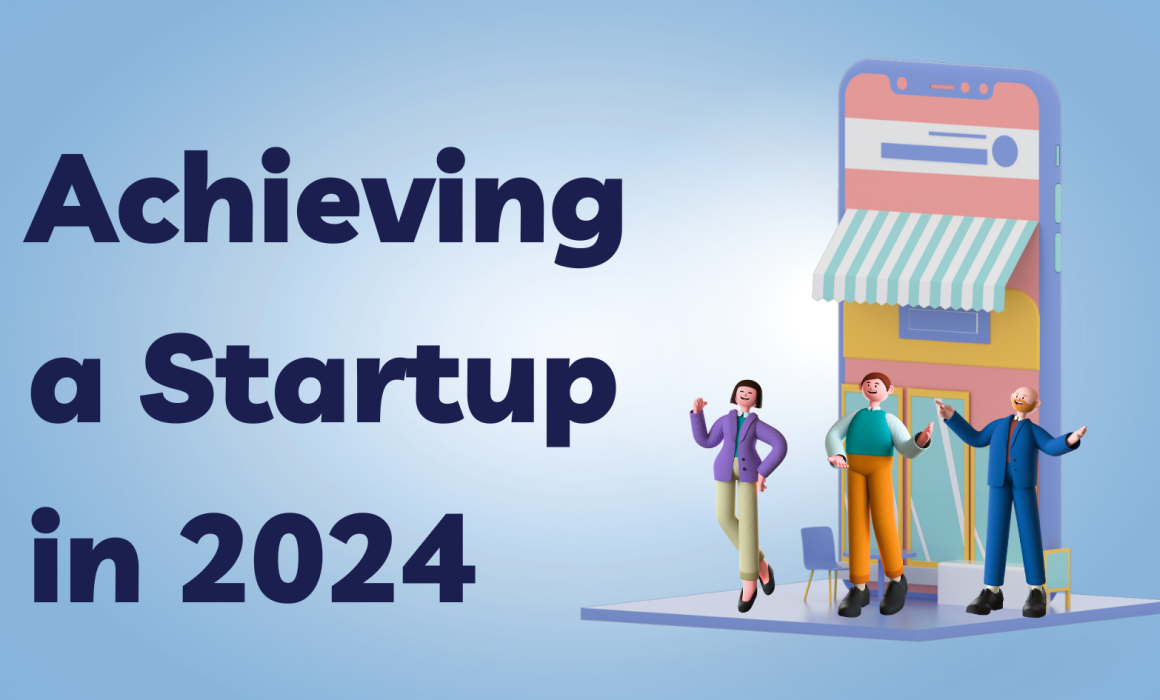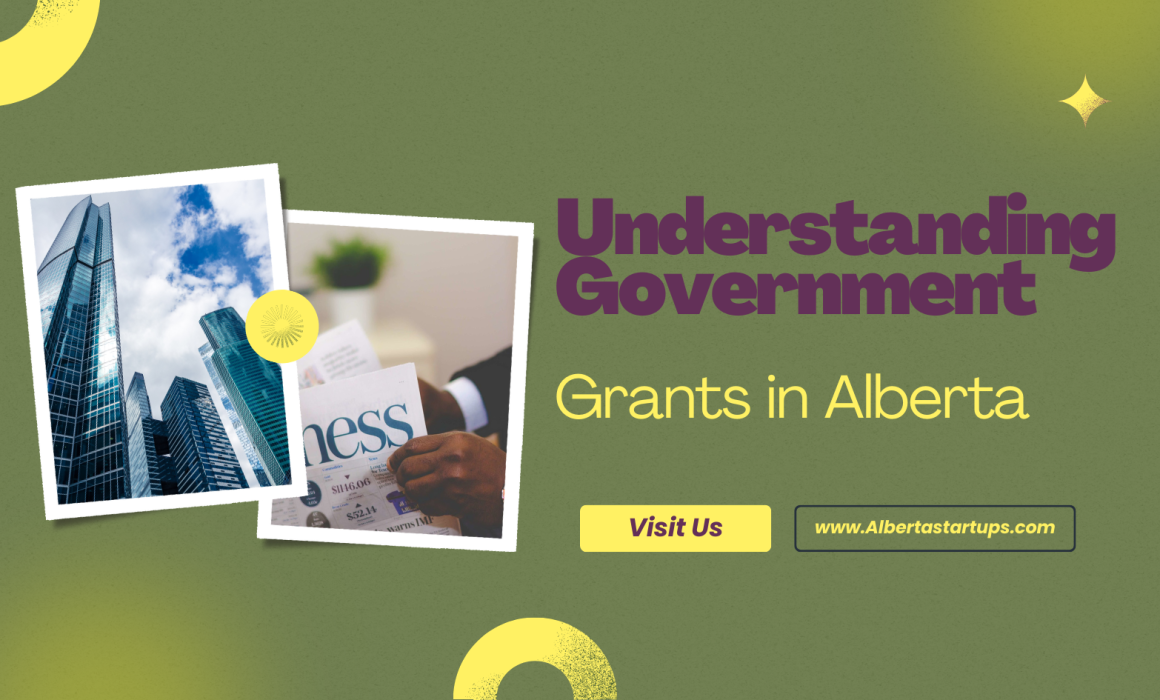In the entrepreneurial world of 2024, starting a business with minimal financial resources has become increasingly viable, thanks in large part to free government grants and a plethora of accessible resources. This article delves into the practical steps of launching a startup with little to no initial investment, focusing on leveraging free government grants and other cost-effective strategies.
Understanding Free Government Grants for Startups
Government grants present a golden opportunity for aspiring entrepreneurs. These grants, often sector-specific, provide financial assistance without the burden of repayment, making them an ideal resource for startups. Key to leveraging these grants is understanding eligibility criteria and application processes.
Developing a Business Idea with Zero Investment
Starting a business begins with a solid idea. In today’s digital age, numerous tools and platforms enable entrepreneurs to brainstorm, research, and validate business ideas at no cost. Utilizing online forums, free market research tools, and social media can provide invaluable insights into market needs and trends.
Crafting a Winning Grant Proposal
Securing a government grant requires a compelling proposal. This involves articulating your business idea clearly, demonstrating its potential impact, and aligning it with the grant’s objectives. Free online resources and templates can guide the structuring of a persuasive proposal.
Building a Digital Presence on a Budget
In the era of digital dominance, an online presence is crucial. Thankfully, this doesn’t require significant investment. Free website builders, social media platforms, and digital marketing tools can help establish an online footprint, attract customers, and build brand identity.
Utilizing Free Resources for Market Research
Market research is essential, but it doesn’t have to be expensive. Numerous free resources are available for conducting effective market research. These include online surveys, social media analytics, and public data from government websites, offering valuable insights into consumer behavior and market trends.
Networking and Community Engagement
Building a network is a critical, cost-free strategy for startup success. Engaging with local business communities, attending free workshops and webinars, and leveraging social media groups can provide support, advice, and potential partnerships.
Bootstrapping and Lean Startup Methodologies
Bootstrapping, or self-funding your startup, is a viable approach when starting with minimal resources. Adopting lean startup methodologies—focusing on minimal viable products and iterative development—can maximize efficiency and minimize unnecessary expenditures.
Utilizing Technology and Automation Tools
Technology is a boon for cash-strapped startups. Free or low-cost automation tools and software can increase efficiency and productivity, allowing entrepreneurs to focus on core business activities without the need for a large team or significant capital.
Conclusion: The Path to Startup Success with Minimal Capital
Starting a business in 2024 with little to no capital is not only possible but increasingly common. By leveraging free government grants, utilizing a plethora of available free resources, and adopting a lean and strategic approach, entrepreneurs can turn their business dreams into reality.




Recent Comments